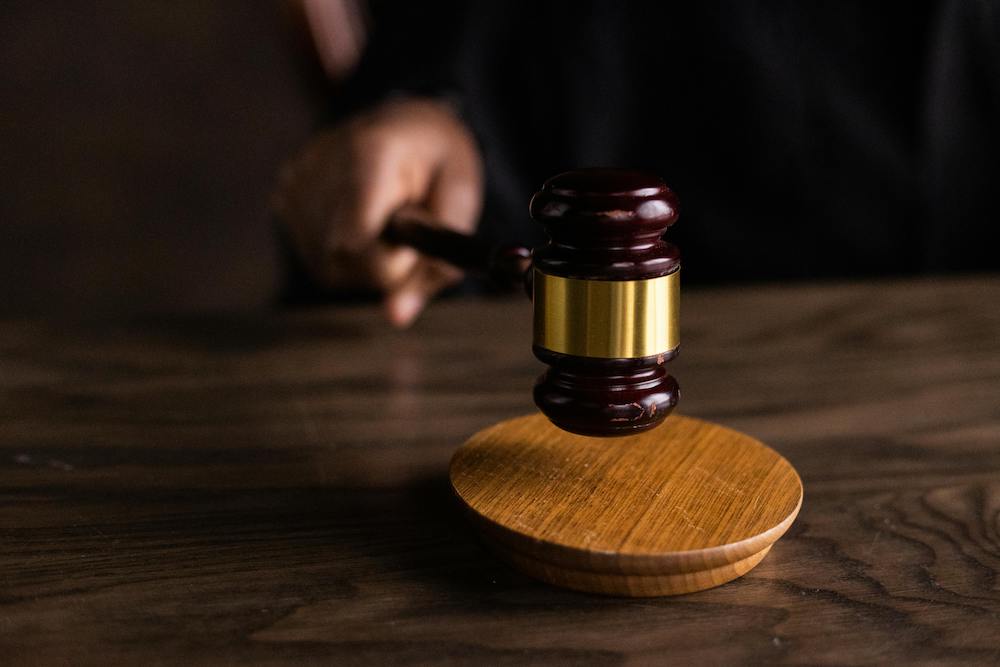Learn how to challenge evidence in a criminal trial. Understand key strategies to protect your rights and build a strong defence.
If you or a loved one is facing criminal charges, understanding how to challenge evidence in court can be crucial to your defence. As a criminal defence lawyer in Toronto, I want to share some insights on this process to help you better understand your rights and options.
What is Evidence?
In a criminal trial, evidence is anything that helps prove or disprove the charges against you. Evidence can take many forms, including:
- Physical Evidence: Objects like weapons, drugs, or clothing.
- Forensic Evidence: Scientific analysis such as DNA or fingerprints.
- Documentary Evidence: Written records, emails, or documents.
- Testimonial Evidence: Statements from witnesses.
- Digital Evidence: Electronic data like texts or social media posts.
Why Challenge Evidence?
Challenging evidence can weaken the prosecution’s case against you. If evidence is unreliable, irrelevant, or improperly obtained, it can often be excluded, making it harder for the prosecution to prove their case beyond a reasonable doubt.
Common Grounds for Challenging Evidence
Here are some common reasons why evidence might be challenged in court:
- Relevance: The evidence must directly relate to the case. Irrelevant evidence should not be considered.
- Authenticity: The evidence must be genuine and not tampered with.
- Chain of Custody: There must be a clear record showing who handled the evidence from the time it was collected to when it was presented in court.
- Reliability: The methods used to collect and analyze the evidence must be reliable.
- Hearsay: Generally, second-hand statements are not admissible unless they meet certain exceptions.
- Constitutional Violations: Evidence obtained in violation of your constitutional rights can be excluded.
Strategies for Challenging Different Types of Evidence
1. Physical Evidence
Chain of Custody Issues: The evidence must have been properly handled and documented. Any breaks in this chain can cast doubt on its integrity.
Contamination: If there’s a chance the evidence was contaminated, its reliability can be questioned.
Mishandling: Evidence that was improperly stored or transported can be contested.
2. Forensic Evidence
Questioning the Methodology: The scientific methods used to obtain forensic evidence must meet accepted standards. If they don’t, the evidence can be challenged.
Expert Testimony: Experts can dispute the findings of the prosecution’s forensic analysts.
Cross-Examination: Effective questioning of forensic experts can expose weaknesses in their analyses.
3. Documentary Evidence
Authentication: Documents must be proven to be genuine. Signs of tampering or forgery can lead to their exclusion.
Context: Documents should be considered in their proper context. Out-of-context documents can be misleading.
Hearsay: Ensure that documents do not violate hearsay rules.
4. Testimonial Evidence
Witness Credibility: Challenge the credibility of witnesses by examining their background and potential biases.
Inconsistencies: Highlight any contradictory statements made by witnesses.
Memory and Perception: Question the witness’s ability to accurately remember and perceive events.
5. Digital Evidence
Authenticity: Digital evidence must be verified as genuine and unaltered.
Chain of Custody: A clear record of how digital evidence was handled is essential.
Metadata: Metadata can reveal important details about digital files, such as when they were created or modified.
Legal Motions to Exclude Evidence
Several legal motions can be used to challenge the admissibility of evidence:
- Motion to Suppress: Used to exclude evidence obtained in violation of your constitutional rights.
- Motion in Limine: Requests that certain evidence be deemed inadmissible before the trial begins due to its prejudicial nature.
- Voir Dire: A mini-trial within the trial to determine the admissibility of contested evidence.
Practical Tips for Defendants
- Thorough Investigation: Ensure your defence team conducts a detailed investigation of the evidence.
- Expert Consultations: Work with experts who can scrutinize the evidence and provide testimony to counter the prosecution’s claims.
- Preparation: Be thoroughly prepared for cross-examinations and be ready to challenge every aspect of the evidence.
- Stay Informed: Keep informed about the latest developments in forensic science, digital forensics, and legal precedents that may affect evidence admissibility.
Conclusion
Challenging evidence in a criminal trial is a critical part of defending your rights. By understanding the types of evidence, the grounds for challenging it, and the strategies involved, you can better navigate the complexities of the legal system. If you’re facing criminal charges in Toronto, having an experienced defence lawyer by your side can make all the difference in ensuring a fair trial.

Alex De Boyrie is an experienced Criminal Defence Lawyer covering Toronto, and the Greater Toronto Area.
In short, Alex’s experience ranges from working on bail hearings, sexual offences, weapons and firearms, assault charges, drug offences, youth crimes, Impaired Driving, and other criminal offences.

